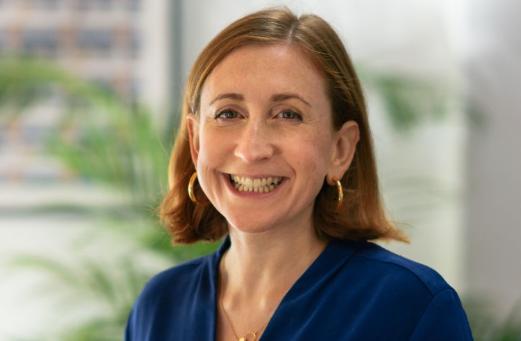The diversity of charity trustee boards is not in line with that of the wider population, new research has found.
The data, published in a large-scale report by the Charity Commission and Pro Bono Economics, found that over half of trustees are retired, which is more than double the proportion in the general population.
It also found people aged 44 and under make up only 8% of trustees, and just 1% overall were aged 30 or under.
Meanwhile a lower percentage of trustees are from ethnic minority backgrounds compared to the general population (8% compared to 17%, with 92% of trustees being white compared to 83% of the general population).
While the report found that the vast majority of trustees are ‘immensely positive’ about their experience, there are huge diversity gaps at board level.
Age and ethnicity are areas in which trustee boards still lack diversity, but gaps also lie in experience too, the research found.
The findings suggest boards could benefit from more people with certain skills or expertise, such as legal expertise, which many charities are sourcing externally.
Most trustees report their board has significant finance skills and experience (59%), yet this is also the skillset with the second greatest reliance on external sources (8%).
Additionally, fewer than 25% of respondents report having anti-fraud, campaigning or marketing skills on their charity’s board.
“This rich and detailed research gives us valuable new insights into the people on whom all charities, of all sizes, ultimately rely,” Charity Commission chief executive, David Holdsworth, said.
“I hope that in making these findings available, we can support the sector to respond, encouraging and inspiring a pipeline of committed and skilled people willing to serve as volunteer trustees into the future – and to reap the personal rewards of the role,” he added.
Pro Bono Economics head of social sector, Anoushka Kenley, added that while the research provides “plenty of room for optimism”, there is more work to be done.
“There is further to go,” Kenly said, “with the potential to bring even more talent and more diverse perspectives to the fore by supporting more young people and individuals from underrepresented backgrounds to take up trustee roles."
“By encouraging a more diverse range of people to become trustees, we can strengthen boards and better support communities.”
Latest News
-
X-odus sparks video content boom among charities, report finds
-
Charity handed £25m endowment from autistic philanthropist to help others with the condition
-
Civil Society Covenant blighted by delays and U-turns, report warns
-
More than 30 jobs at risk as hospice charity looks to close home care service
-
Cranfield Trust: A guide for charity leaders on navigating local authority devolution
-
Friday funding roundup - 20 February
Charity Times video Q&A: In conversation with Hilda Hayo, CEO of Dementia UK
Charity Times editor, Lauren Weymouth, is joined by Dementia UK CEO, Hilda Hayo to discuss why the charity receives such high workplace satisfaction results, what a positive working culture looks like and the importance of lived experience among staff. The pair talk about challenges facing the charity, the impact felt by the pandemic and how it's striving to overcome obstacles and continue to be a highly impactful organisation for anybody affected by dementia.
Charity Times Awards 2023
Mitigating risk and reducing claims

The cost-of-living crisis is impacting charities in a number of ways, including the risks they take. Endsleigh Insurance’s* senior risk management consultant Scott Crichton joins Charity Times to discuss the ramifications of prioritising certain types of risk over others, the financial implications risk can have if not managed properly, and tips for charities to help manage those risks.
* Coming soon… Howden, the new name for Endsleigh.
* Coming soon… Howden, the new name for Endsleigh.
Better Society

© 2021 Perspective Publishing Privacy & Cookies














Recent Stories